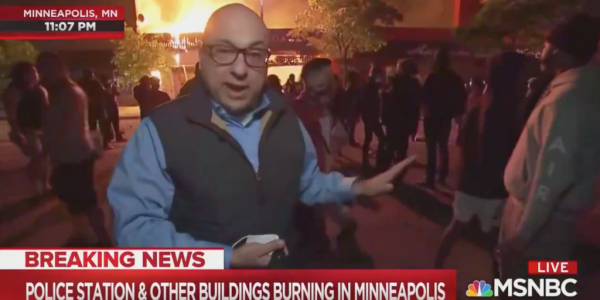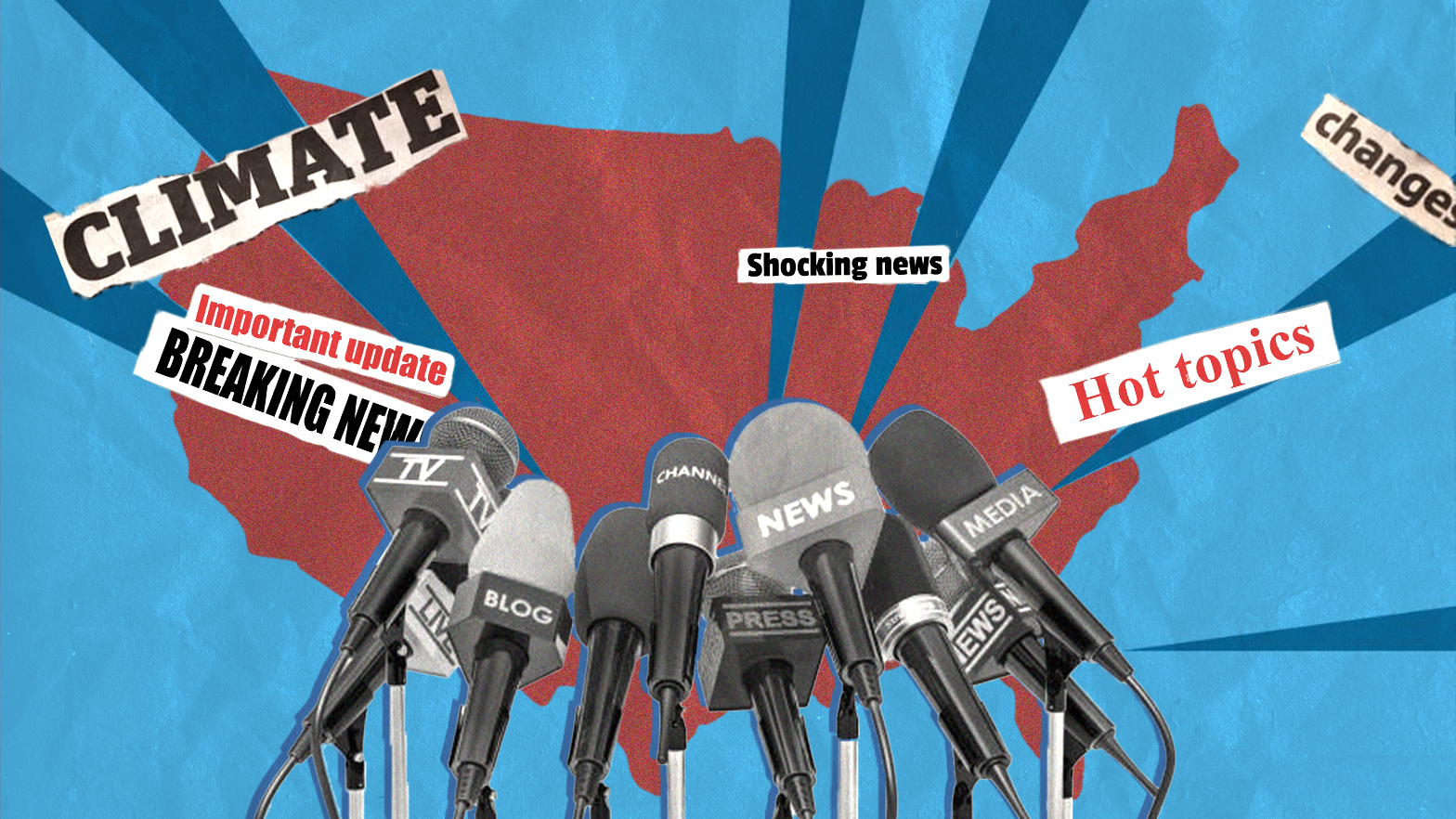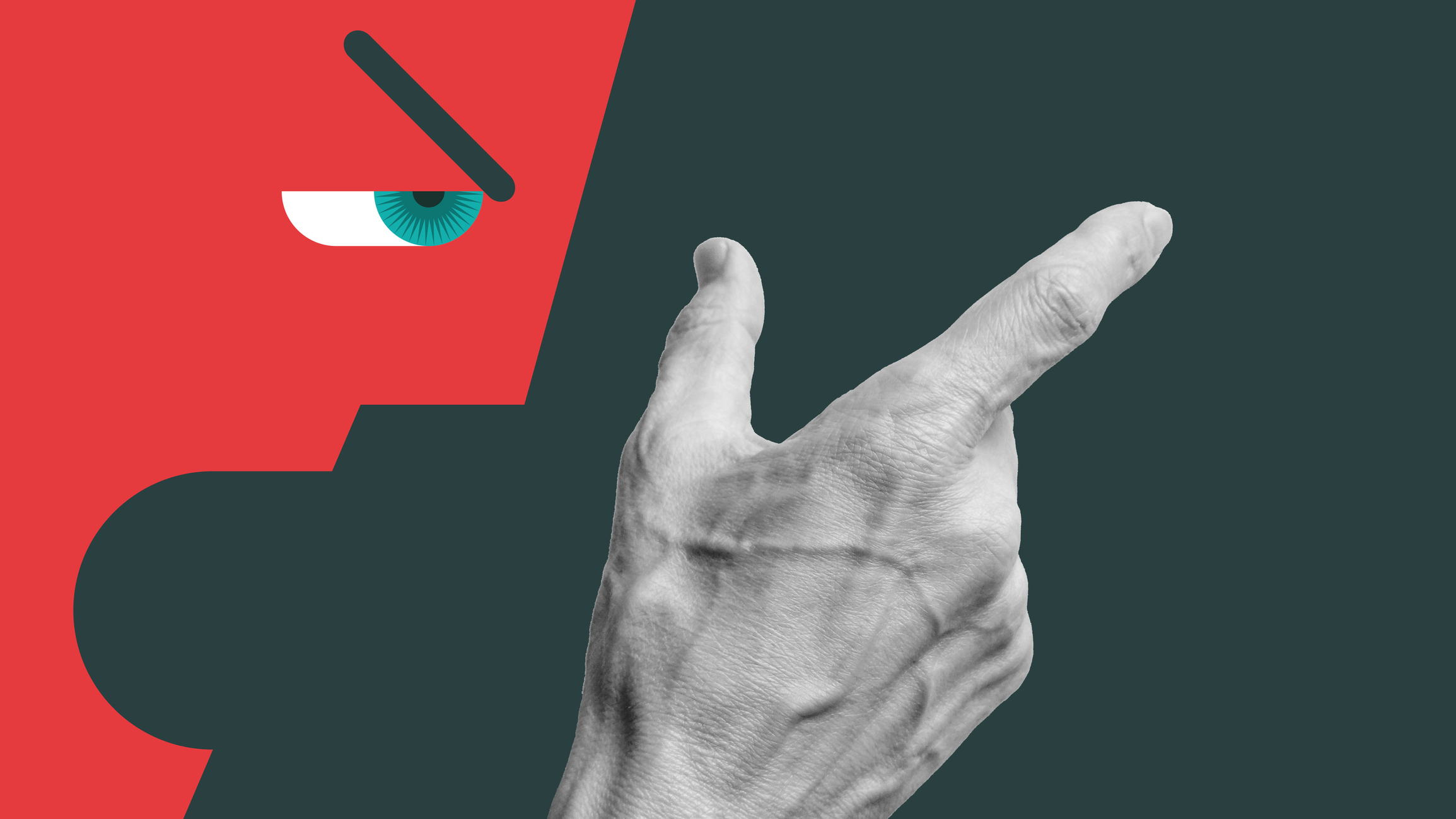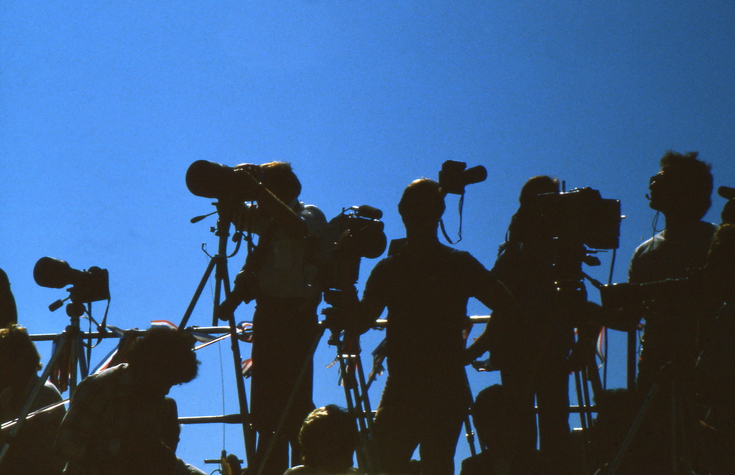Critiquing Samuel Huntington’s famous thesis in 2024.
The Enemy of the People

Don't believe your lying eyes.
“If they thought the news networks were going to cover what happened they were kidding themselves, I said to myself. No more today than yesterday…the blackout was total.”
It was either providence or something in the air that led me to start reading Michel Houellebecq’s Submission (2015) for the first time last week. Barely had I cracked the spine before George Floyd, a black man accused of using counterfeit money, died on video in a struggle with the Minnesota police. Looting and riots have ensued; the National Guard has been called in. St. Paul, much like the Paris of Submission’s not-so-distant future, is on fire.
Houellebecq is a darling in conservative circles because of his merciless honesty about European cultural conflict as he sees it. Submission imagines a France in which Muslims, already a noteworthy and largely unassimilated voting bloc, become politically dominant. The professoriate, of which Houellebecq’s protagonist is a member, remains largely silent. The multiculturalist piety of the chattering classes has rendered them incapable of defending the society to which they owe their survival and existence.
Of course the demography of Europe, especially after the immigration crises of the 2010s, is radically different from that of America. Moreover, as an observer of the events in Minnesota I can only wait with horror and sorrow for more information to emerge. But as an observer of the American press I am astounded to note that—despite the differences in history and context between his country and mine—Houellebecq got it exactly right.
A central theme of Submission is the studied silence of every major media outlet in the face of escalating Islamist violence and nativist aggression. As buildings burn and shots ring out across Paris, CNN and YouTube go conspicuously dark. Early on, a young scholar with conservative leanings explains why: there’s an election coming up, and the populist National Front is facing down a new Muslim party. The journalists “‘are genuinely scared that the National Front will win the election. And every image of urban violence, that’s a few more votes for the Front.’”
Desperate to maintain an illusion of racial harmony and liberal globalism, the ruling classes of Houellebecq’s France peer desperately into their screens with ever-more strained smiles and insist that there’s nothing to see here. Even the CRS, the special police force, “pretends there’s absolutely nothing going on.”
This, uh, sounds familiar. On May 28, a reporter for MSNBC stood in Minneapolis outside a building engulfed in flames to declare that this was “mostly a protest.” When the Mayor of Minneapolis was asked by a reporter what his plan was, he answered “with regard to…?” and gave a blank stare. President Trump, clearly livid, tweeted that consequences would ensue for looting. He was censored by Twitter for “glorifying violence.”
The true genius of a dystopian fiction is to show the world at just one degree of remove from what’s actually going on. The leaders of our imagined utopia—that post-war fantasy in which secular humanism creates a world without borders or ideological struggle—are furiously begging every one of us not to believe our lying eyes. These buffoons are indeed the “enemies of the people”—the one thing they do not want is for Americans of any color or political persuasion to come genuinely to grips with the facts on the ground, to recognize the complete failure of progressivism, and to get to work building something new.
The American Mind presents a range of perspectives. Views are writers’ own and do not necessarily represent those of The Claremont Institute.
The American Mind is a publication of the Claremont Institute, a non-profit 501(c)(3) organization, dedicated to restoring the principles of the American Founding to their rightful, preeminent authority in our national life. Interested in supporting our work? Gifts to the Claremont Institute are tax-deductible.
Jacob Blake, Kyle Rittenhouse, and the lies we still live by.
NPR and the BBC are fully aligned with the objectives of the state.
A society that teaches its children to despise their elders will collapse.
All racism is bad, but some racism is more racist than others.
Honest, objective journalism would help restore our fracturing nation.






